Pacific Crest Trail Thru-hiker Advice For 2019
This information comes from the Pacific Crest Trail Survey and aims to give you an idea of what mistakes others made pre, during, or post-PCT in the hopes that you will hopefully, be able to live your best PCT life.
That said, these are statements from individual hikers should in no way be taken as gospel. They should simply give you an idea of what to expect on the PCT or issues that may arise during a thru-hike. There’s something here for everyone. No matter what you’re looking to justify in your pre-trail planning you’re probably going to find it here (and if you don’t, then whatever you’re thinking is probably wrong).
Best of luck, friends.
I Wish I Had…
In addition to asking PCT hikers what advice they would give to future hikers of the PCT, I also asked them what they wish they had done differently prior to the start of the trail (if they were to go back and do it all again). Here’s what PCT thru-hikers had to say when asked what (if anything) they wish they had done differently before starting their hikes:
- 13% of respondents said they wish they had trained more or been in better shape before starting their hikes.
- 7% of respondents said they wish they had planned less before starting the trail.
- 5% of respondents said they wish they had done a better job of journaling their hikes.
- 4% of respondents said they wish they had tested their shoes more before starting.
- 4% of respondents said they wish they had gotten lighter gear.
- 3% of respondents said they wish they had taken more photos of people.
General Advice
- This trail is beyond words spectacular. It’s also ruthless and unforgiving. But it’s so worth it. Take it slow. Let it all soak in. Stop and smell the marmots. Talk to the locals. Form a trail family. Leave and find a new trail family. Hike alone. Discover what truly sustains you. Most of all have fun. You’re paying money for this experience. If you’re not enjoying it find a way to make it enjoyable or just go home. It’s not a contest. It’s an extraordinary experience. Treat it as such. Memories over miles every time. Crush it!
- Just get out there. Don’t have time to do an entire thru-hike? That’s ok. My job constraints would only allow me to take a little less than three months off, and I went for it. Did I finish the trail? No, but I loved the 1,600 miles (2,575 km) I hiked and have zero regrets, nor did I feel like any less of a thru-hiker. Now I get to look forward to finishing the trail in short sections over the next year or two.
- Find something good in each day and you’ll enjoy your hike/be more likely to finish by keeping a positive attitude. It’s more about that than about being physically ready for the trail.
- Do not pack your fears.
- Plan less, have your gear dialed, get your personal affairs in order, so when you hit the trail all you have to I do is hike. Embrace the Type II fun, because that’s what you will really remember.
Pacific Crest Trail Culture
- Don’t get sucked into the hiker trash culture. Be an ambassador for the trail by being respectful, clean, helpful and on your best behavior. I saw the best and absolute worst of people which made me decide to hike alone.
- Don’t expect trail angels to babysit you. The current culture is tilted too far to the extreme of expecting a helping hand. Plan on walking your ass to town and if you get a ride, pay the driver.
- Shrug off the patronizing things said to you and don’t judge other hikers.
- Not everyone likes night hiking. If you don’t, don’t sweat it.
- If you’re a purist and are set on doing every mile, don’t let anyone try to convince you to skip ahead. And also if you’re just out there to have fun and do whatever you want, don’t let the purists tell you you’re doing something wrong.
- Make sure you’re with people who have your back if you’re gonna do sketchy shit.
- Don’t feel the pressure to immediately become best friends and hike with the first people that you meet. You will naturally see people frequently who hike the same as you and you’ll get along with!
- I got stuck in too many vortexes and would very often get sidetracked from my hike. This was a factor in my getting off trail as my head just wasn’t in it anymore.
- I really wished I shaved my beard earlier on the trail. I felt the pressure to keep it because it’s supposedly “part of trail culture”, but now I look back and have so many photos that I don’t like because my beard looks bushy and weird. I shaved 100 miles before the border and am so glad I did, those are my favorites!


Pooping Advice
- You can dig your cat hole after you do your business!
- Learn to dig a proper cat hole and make sure you police your fellow hikers. Don’t just be quiet when you see someone misbehaving. Call them out and stand up for what is right.
- Please please bury your poop!
- There is still too much toilet paper and trash in some areas. If you see it, help out and pack it out.
- Smell the flowers, eat the berries, and please, pack out your toilet paper.
Before Your Hike
- Train with your pack weight and shoes and socks that you plan to wear. I saw so many hikers with blisters and shin splints.
- Don’t think of it as a 2,650 mile (4,265 km) hike, think of it as many 3 to 5-day hikes. Don’t be overwhelmed by the total distance.
- Just running doesn’t prepare you for the trail. Go for a few day hikes the week before you start for a more enjoyable beginning to your hike. Clean feet = happy feet.
- Save up enough money so you don’t have to worry about your budget on trail.
- Good research and preparation for this trip is important but also be aware of the fact that you will be confronted with a lot of situations on the trail which you cannot prepare for in advance which should not discourage but calm you down to not “over-prepare” for the trail!
- My hope was to have every detail planned before heading out on trail. Life happened and I only had my gear planned, along with my first resupply box In the mail. I’m happy it worked out that way.
- I wish I had trained more with my pack fully loaded so I would have known earlier how horrible it felt and possibly lowered my base weight more before hitting the trail. I also wish I had trained more simply so the start would have been a little easier.
Starting Your Hike
- Starting is the hardest part. The mental game is far more difficult to play than the physical game.
- You’ll learn more in the first 200 miles (360 km) than you will researching the PCT for a year.
- Starting earlier in the season (March 5) made my trip absolutely amazing. The desert section was never hotter than 80°F / 26.7°C during the day while crossing the Sierra through the snowpack was an adventure of a lifetime (not to mention the sublime joy of getting to be the first person to blaze a trail through the undisturbed snow). The mosquitoes were minimal in Oregon/Washington.
- Start slow. So many people raced off and got injuries. ~10 miles (16 km) a day for the first week is fine! You will make it back in NorCal and Oregon.
- People say that the trail trains you, but that training is under a desert sun. I would have much rather been in better shape to start and saved myself from quite a bit of suffering.
- Start doing daily mileage you know you can do and go slow; don’t push, don’t rush until you know your body can take it.
- Lower your expectations from the start. Accept that things are always going to change and roll with it. Things may be tough at any given moment but the unexpected scenic spot, friendly hiker, or trail magic is just ahead.

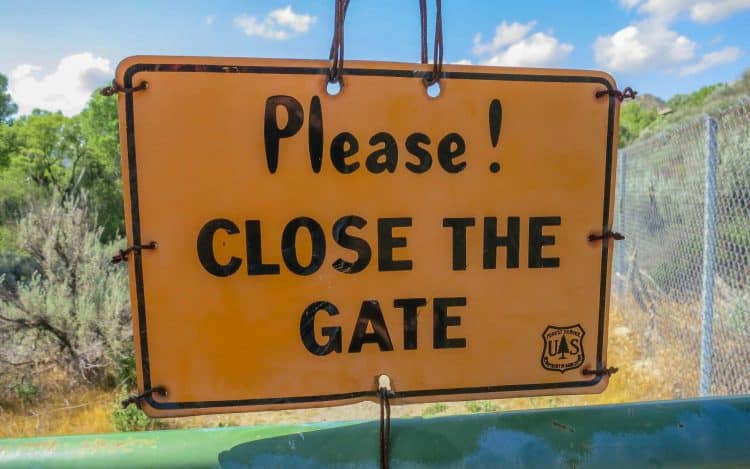
During Your Hike
- Know that pain is a constant; it doesn’t end.
- Relax and enjoy your zeros, but don’t screw around with time and winter in Washington.
- Take your time. It’s not a race. And most importantly don’t try and match steps with someone who is clearly taller and has longer legs than you. Not smart.
- Know the difference between daily soreness and actual pain from damage.
- Any hiker going uphill has the right of way. Take the time to pull over and wait for them to pass to continue going downhill. Proper trail manners.
- Don’t think past the next town.
- Don’t be compelled to take acid or shrooms while on trail. Even if your trail family does it.
- Wish I would have taken more pictures of trail angels, hitchhiking and trail culture.
- The wilderness doesn’t owe you a wonderful experience, but you probably owe yourself one. Have fun, be open to new possibilities, say yes to whatever stupid thing your mind comes up with along the way (as long as that thing isn’t “Hey dude, you should totally just walk off that cliff”). A long hike is a good opportunity to hear yourself and act on whatever strikes your interest at any given moment. But also sometimes you’ll be stuck in the middle of an uneventful forest and you can’t act on anything cause there’s nothing to do but walk through more uneventful forest.
- I received a lot of unsolicited advice from weekend backpackers, thru-hikers, etc. But the best advice I got was to “see for yourself“. Hike your own hike, do what feels right for you in terms of footwear and gear. People will tell you certain sections are the hardest, there’s a lot of smoke, etc. Just see for yourself. Your experience will be different than anyone else’s.
- Have fun every day. If you find yourself not having fun, figure out why, fix it, and enjoy.
- Try cowboy camping early to see if you like it.
- Take pictures of day to day things and people, it seems boring at the time but it’s what you will want to look back on.
PCT Gear Advice
- Get a 20,000 mAh battery if you think you’ll listen to a lot of music or podcasts while on trail.
- Don’t leave your gear unattended.
- Don’t get so caught up with base weight. You’re going to be adding at least 10 extra lbs (4.5 kg) of water for most of the desert, and then you’re going to add more food than you think for the rest of the hike (and you’re going to want pack out real food/fresh fruit too). Cut down what gear you don’t need, but be flexible with what you’re willing to carry. Also, always carry a liter more of water than you think you need.
- Don’t over-obsess over gear before your hike. Whatever you decide to go with will probably work fine. Physical preparation is much more important in the long run.
- My advice is to bring the stuff that helps you enjoy your hike. In my case, for example, that was a pair of good binoculars (2 lbs+) so I could enjoy the birds and other wildlife.
- You don’t need a knife.
- Make sure your big FOUR (I’m including footwear in this) are dialed in. If you wanna invest your time and money somewhere, spend it here. And in appropriate clothing. Some of my friends suffered a fair bit in Washington because they didn’t have the right clothing.
- Accept the supremacy of DEET from the beginning.
- I wish I would have replaced my shoes more often.
- Try to start with a low base weight (I think aiming for something in the 15 lb / 6.8 kg or less range is reasonable), but don’t stress the small stuff. Once you’re on trail, you’ll rapidly figure out what you need, and shed what you don’t. I agonized on whether to bring various little things and shouldn’t have really worried about them — though I started with a 14 lb / 6.35 kg base weight it was really easy to get rid of a few pounds of things after a few weeks of hiking.
- Gear is very personal and you will get advice that runs across the board. make your own decisions about what works for you and then learn as you go.
- If a hiker is on the fence of bringing anything (kindle, extra socks, whatever) start without it, and plan to have someone send them to you in your first resupply box. That way, instead of starting with them and wanting to send them home to save weight, the hiker will likely realize they don’t want more weight sent to them and will tell their box sender to take them out of the box.
- Don’t buy into the gear hype on Facebook. Most people on Facebook don’t know what they are talking about.
For more on Pacific Crest Trail gear, check out the Pacific Crest Trail Gear Guide or read these posts.


PCT Resupply Advice
- Don’t be a slob and/or a jerk in trail towns.
- Definitely don’t plan all of your resupply points out ahead of time (if you can help it). It makes life easier (and more enjoyable) when you can go with the flow of the situation.
- If you’re mailing boxes from the west, USPS regional rate boxes can be far better than flat rate boxes in price per volume. If your post office doesn’t stock regional rate boxes, you can get them off the USPS website for free.
- Don’t jump straight in and straight out of every town; some places are worth a pause. Don’t splurge and zero in every town; the best town stops come when you feel like you deserve it. With enough fellow hikers pitching in, hotels are cheaper than hostels; find ones with continental breakfasts included. Stay in at least one trail angel’s house; a night in a home is a rare & beautiful thing on trail.
- I recommend not worrying too much about pre-planning resupply boxes, but it can be fun to have a few yummy meals/snacks planned ahead to be mailed (I was jealous of others sometimes).
- Don’t buy food ahead of time. I still liked my food, but it was a pain to have someone mail it to me and decide where to go into town because I was limiting myself.
- Definitely don’t plan out where you’re going to stop, and definitely do not plan to meet up with people along the way it sounds like a good idea but it’s not it’s horrible.
- Resupply boxes are a logistical hassle and they’re often no less expensive than just purchasing food locally.
- Don’t buy food before trail. Just buy as you go/ship resupply packages to yourself while on trail. It doesn’t take much time and it’s WAY better and faster than figuring it all out ahead of time (assuming you don’t have any difficult dietary restrictions).
For more on Pacific Crest Trail resupply, check out the Pacific Crest Trail Resupply Guide or read these posts.
The Fearmongering
- People (fellow hikers, friends, family, random strangers) will try to put their fears on you (fear mongering). Just take what they say with a grain of salt and keep going. Nothing was ever as bad as people made it sound.
- Fearmongering is real; if you think you can make it through some unpleasant weather, go for it! Just make sure someone knows where you are and have an exit strategy.
- Don’t listen to the fearmongering.
- DO NOT listen to all the fear mongering on trail. Go experience the places yourself instead of changing your plans based on other people’s fears.
- Go at your own pace and don’t make decisions based on fear.
- Don’t underestimate the trail (Oregon is not flat, the desert is not easy, etc) and don’t listen to fear-mongers. Remember that it’s not a race. Accept help when you need it.
- Don’t let fear mongering get to you. There’s always someone out there who is exaggerating about the weather, fires, etc. It’ (usually) not as bad as they say.
- Don’t listen to any fear mongering on trail or online. Experience everything for yourself.


The Worst Days
- Don’t quit on a bad day.
- Never give up. If you feel like giving up, take a break and start again the next day.
- Follow the five-day rule. If life seems awful, and you don’t think you can hike another day, give yourself five days before quitting. Obviously, this doesn’t apply to injuries or personal emergencies.
- If you really want to do a thru-hike, commit to it. Know that everyone who finishes deals with injury, sickness, loneliness, and thoughts of quitting. Stick with it and remember that you thought it was worth it at some point.
- It is OK to call your mother crying when you have a bad day.
- It’s gonna suck (sometimes). Met too many people who had seen too many videos and pictures and ended up with a very distorted view of what hiking the PCT would be like.
- Don’t quit on an uphill, don’t quit while it’s raining, don’t quit on a bad day. Pain is temporary, regret is forever.
- Make a quitting plan before trail: 1. What are valid reasons for you to quit? 2. What will you do if you quit? 3. Why are you hiking to Canada?
Post-Trail Life
- Make sure you have a plan for after the trail; adjusting back to ‘normal’ life is uncomfortable and scary. You will have spent a lot of money and you will be tired, sore, and maybe lonely. Have a plan to be somewhere comfortable and quiet for a few days.
- Cherish every moment, even the crappy ones when you wanna quit because when you’re finished you’ll miss it so much.
- Don’t be in a hurry to finish; once it’s over it’s over.
But most of all, what hikers had to say to anyone thinking about hiking the PCT was, “Just do it!“
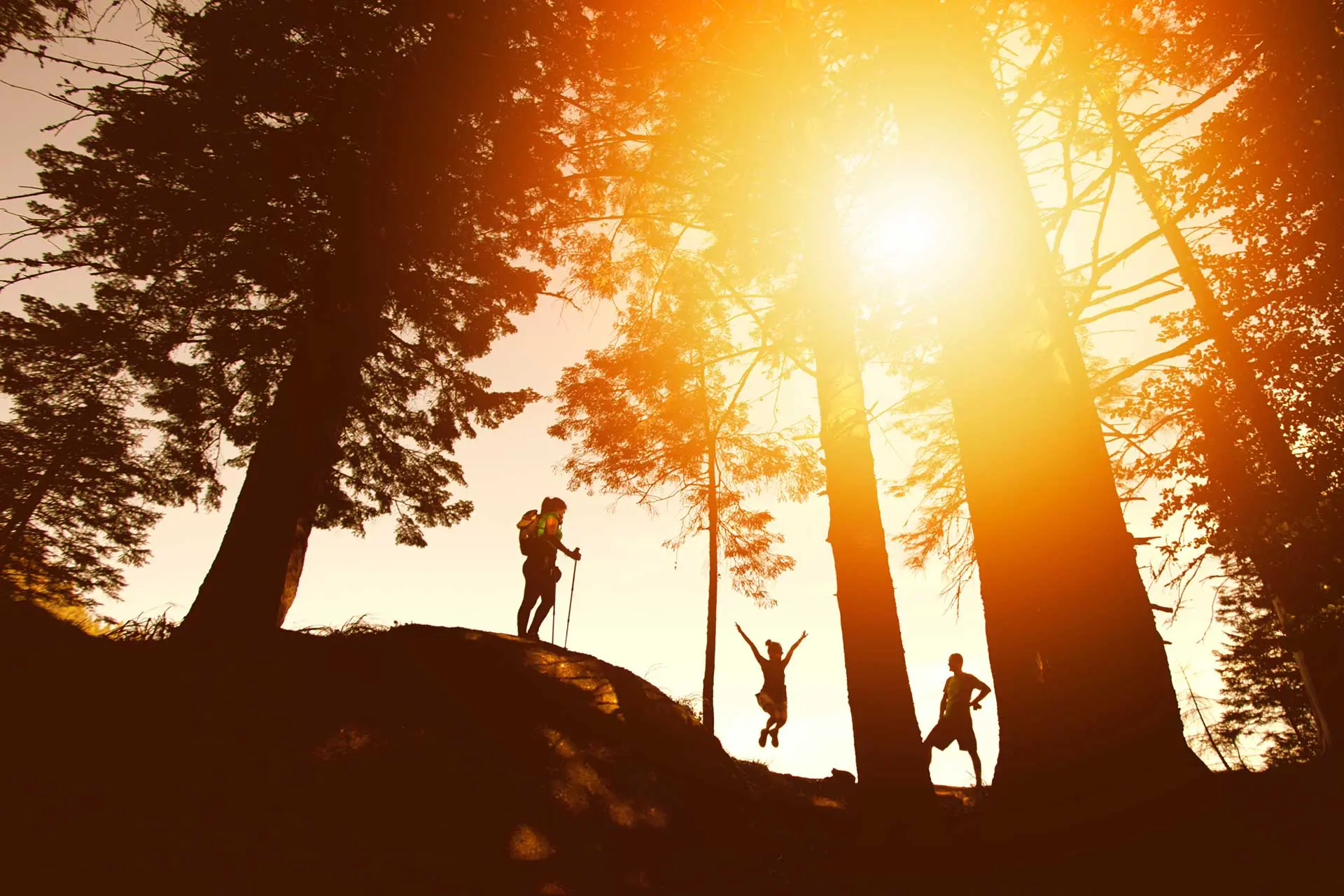

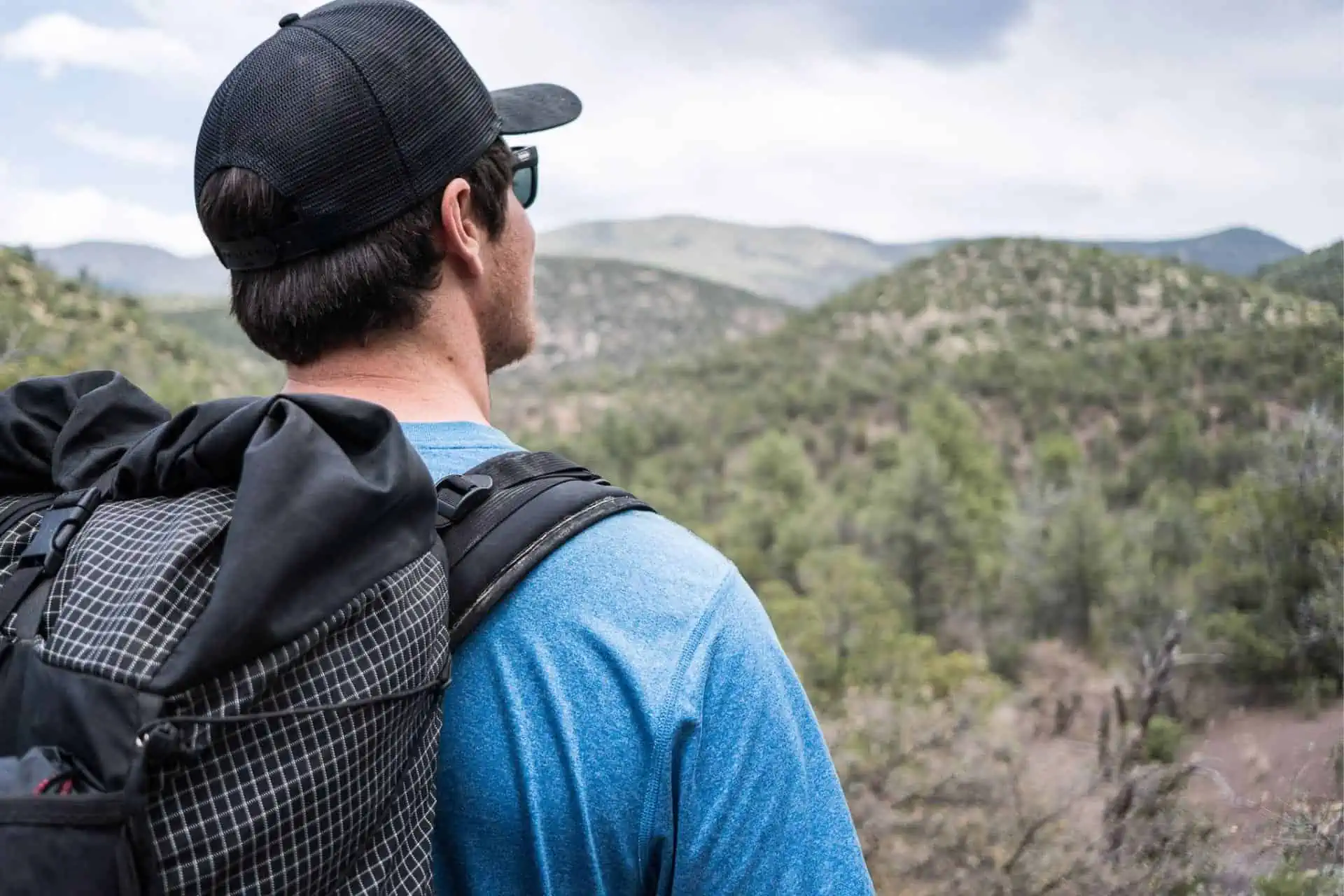

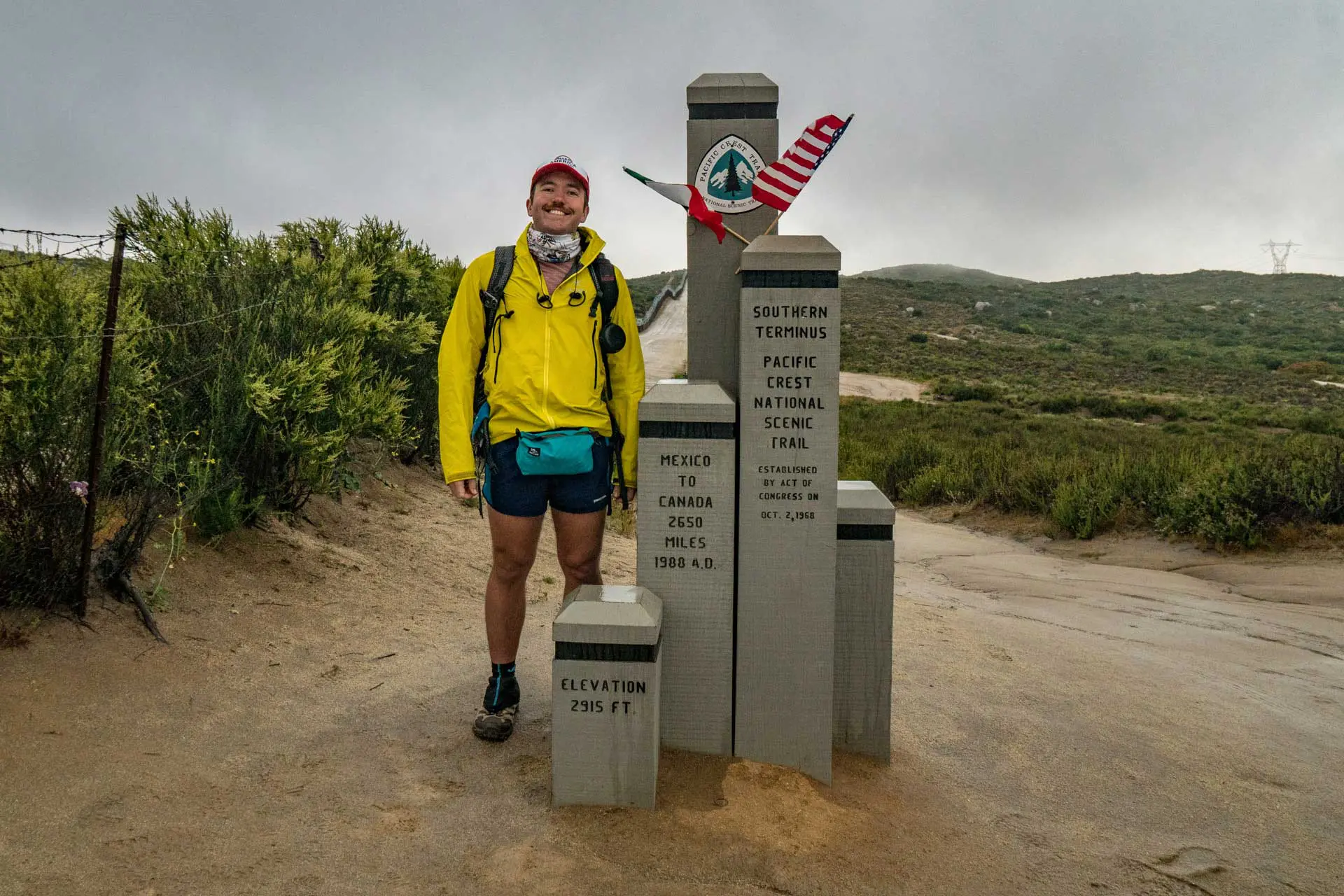
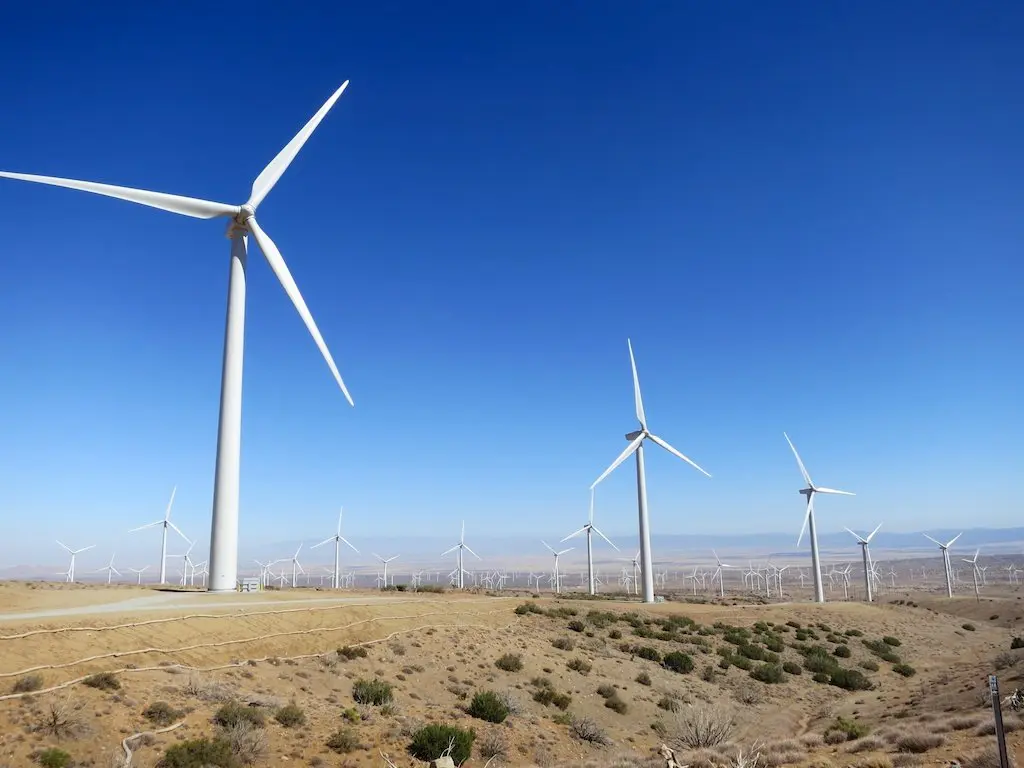
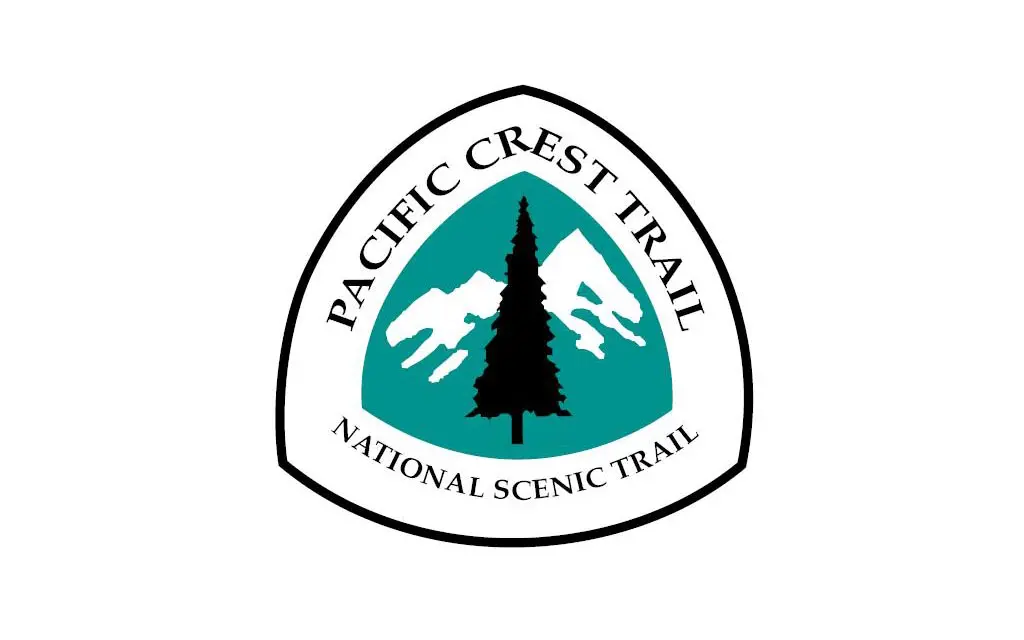
hi there! i´m a 19 year old spanish girl, i´ve read everything you posted and it has been really helpfull, although i´m still a bit lost. How about where to go to start the hike? And what about the money that i might spend?
If you’re starting at the Mexican border, you need to get to here: https://goo.gl/maps/RmpgaiuLzQ32
The closest town is Campo, California – there are buses that can take you there from San Diego (the closest international airport).
Speaking from personal experience, as a woman alone I didn’t feel comfortable at the bus station/El Cajon transit center by myself. Luckily, there were 2 other hikers that were taking the bus even though it was late in the day, so I wasn’t totally alone. That bus was hella packed and I wished I’d just asked a friend for a ride. I think the culture shock of that place would be a harsh/bad way to begin the trail coming in from another country. Definitely stay at Scout and Frodo’s if you can, or get a ride from a trail angel from the airport. Check the PCT Trail Angel page on Facebook for a ride to the terminus from the airport. The bus is great if you’re familiar with the area and know what you’re getting into at the “transit center” which consists of a tiny convenience store adjacent to the bus stops in a sketchy part of the neighborhood. We got heckled by weird old men offering us a ride for like $100, other people begging for money, etc., for an entire hour, plus the bathroom there is disgusting. Definitely the worst way to start my journey.
Excellent advice, nicely done!
Thanks, Jeff!
Good advice. Thanks! I may need to refer back to this when I’m on the trail.
Hope it helps!
Don’t use TP at all! There is enough water for a shower on just that part of your body, in case there is residue you don’t wan’t to carry on your skin. To be clean there is essential for walking long-distances, there are other parts of your body that tend to hurt and unfortunately you can’t just wash away knee pain. With a shower just there you get much cleaner compared to TP. PCTA should promote this method, in order to fight white blooms everywhere. If you don’t want to use your normal water containers, there are small dropper bottles, inexpensive to change. Plus it prevents chaffing.
Also an option, though I still support TP so long as it’s packed out.
Great info. Minor, helpful, point, 10 miles is 16 KM, not 32 KM.
“There’s always money in the banana stand!!” Ha, ha, ha!!! Nice reference.
Apparently, I’ve made a huge mistake. But it’s been fixed! Thank you for pointing it out.
You brought out the Canadian in me.